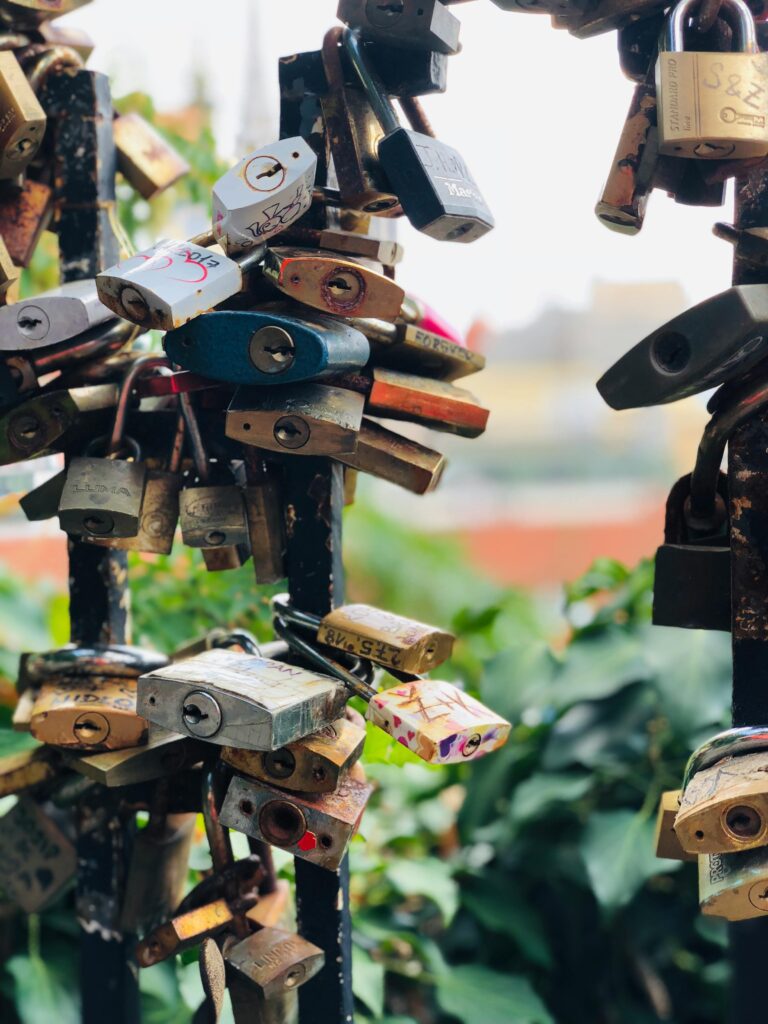In the realm of home and office security, the debate between digital locks and traditional mechanical locks continues to evolve. Each type of lock offers its own set of advantages and drawbacks, making the decision between the two a crucial one for property owners. Consulting security experts helps in making the best decision tailored to specific needs and concerns.
Digital locks offer convenience with keyless entry and advanced security features but are vulnerable to power outages and cyber threats. Mechanical locks, while traditional, ensure reliability during emergencies and are resistant to electronic tampering. Let’s explore the key factors to consider when choosing between digital and mechanical locks.
Convenience vs. Keys
Digital Locks
These modern marvels offer convenience at the touch of a button or a swipe of a card. With digital locks, there’s no need to fumble with keys. Codes, keycards, or biometric scans grant quick access, making them ideal for busy environments or for individuals prone to misplacing keys.
Mechanical Locks
Traditional mechanical locks rely on physical keys for access. While some may prefer the tactile sensation of turning a key, others find it cumbersome to manage multiple keys or to retrieve them in emergencies.
Security Features
Digital Locks: Many digital locks boast advanced security features such as encryption, intrusion detection, and remote monitoring. Some models offer customizable access permissions, allowing owners to grant temporary access to visitors or service providers.
Mechanical Locks: While lacking the technological bells and whistles of their digital counterparts, mechanical locks are prized for their reliability and resistance to cyber threats. They are less susceptible to hacking or electronic malfunctions.
Power and Vulnerability
A critical consideration in choosing between digital and mechanical locks is their vulnerability to power outages and technological glitches. Digital locks, reliant on batteries or electrical power, may pose a risk during power outages or in the event of battery failure. While many digital locks come equipped with backup power options, such as emergency key access or battery backups, they remain vulnerable to electronic malfunctions or cyber-attacks.
Mechanical locks, on the other hand, operate independently of power sources, making them immune to power outages or electronic malfunctions. This inherent reliability can be reassuring for homeowners seeking a fail-safe security solution.
Cost and Maintenance
Digital Locks: Initial investment in digital locks tends to be higher due to the technology involved. However, long-term maintenance costs may be lower, as there are no keys to replace and electronic components are generally durable.
Mechanical Locks: Mechanical locks are typically more affordable upfront but may incur higher maintenance costs over time. Keys may need to be replaced due to wear and tear, and the mechanisms may require occasional lubrication or adjustment.
Seeking Expert Help
Ultimately, the decision between digital and mechanical locks should be based on your specific security needs, lifestyle preferences, and budget constraints. Consulting with security experts like Locksmith For New York City can provide valuable insights tailored to your circumstances.
Experts can assess factors such as your home’s layout, potential vulnerabilities, and security goals to recommend the most suitable locking mechanism. Whether you prioritize convenience, robust security features, or reliability, their expertise can guide you toward the optimal solution for your home or property.
In conclusion,
the choice between digital and mechanical locks hinges on a careful balance of convenience, security, reliability, and cost. While digital locks offer keyless entry convenience and advanced security features, mechanical locks boast durability, reliability, and independence from power sources. By weighing these factors and seeking expert advice, you can confidently select the security solution that best aligns with your needs and preferences.
Locksmith For NYC:
120 Riverside Blvd
New York, NY, 10069.
(917) 696-8842
